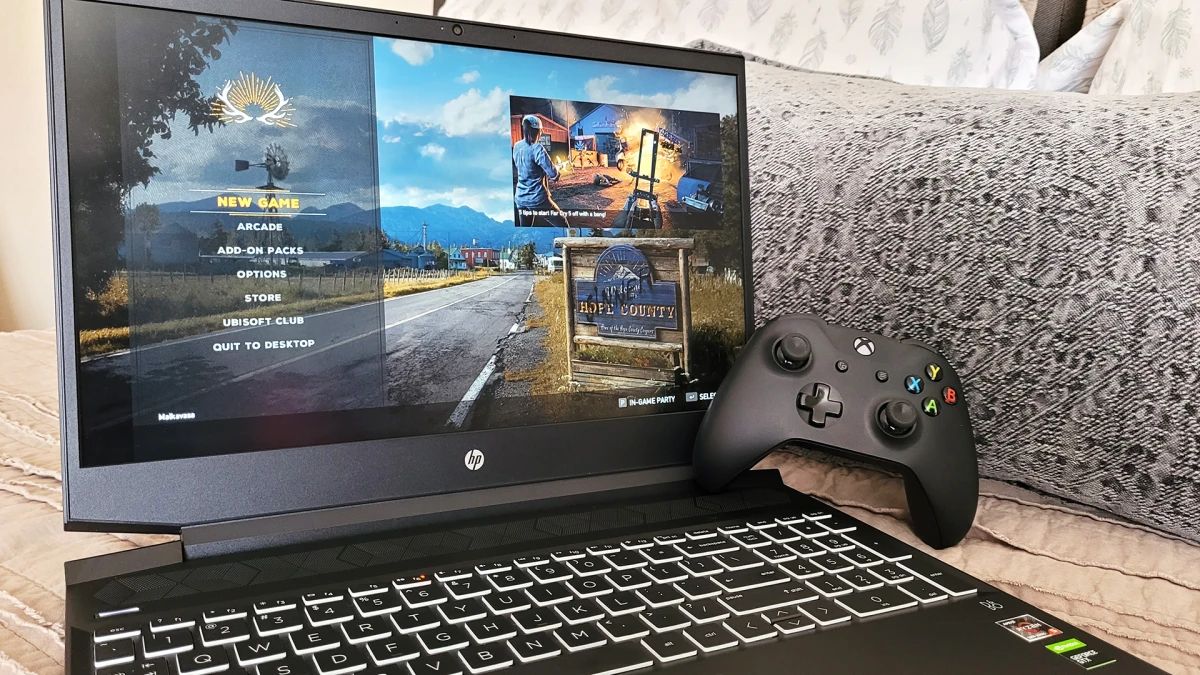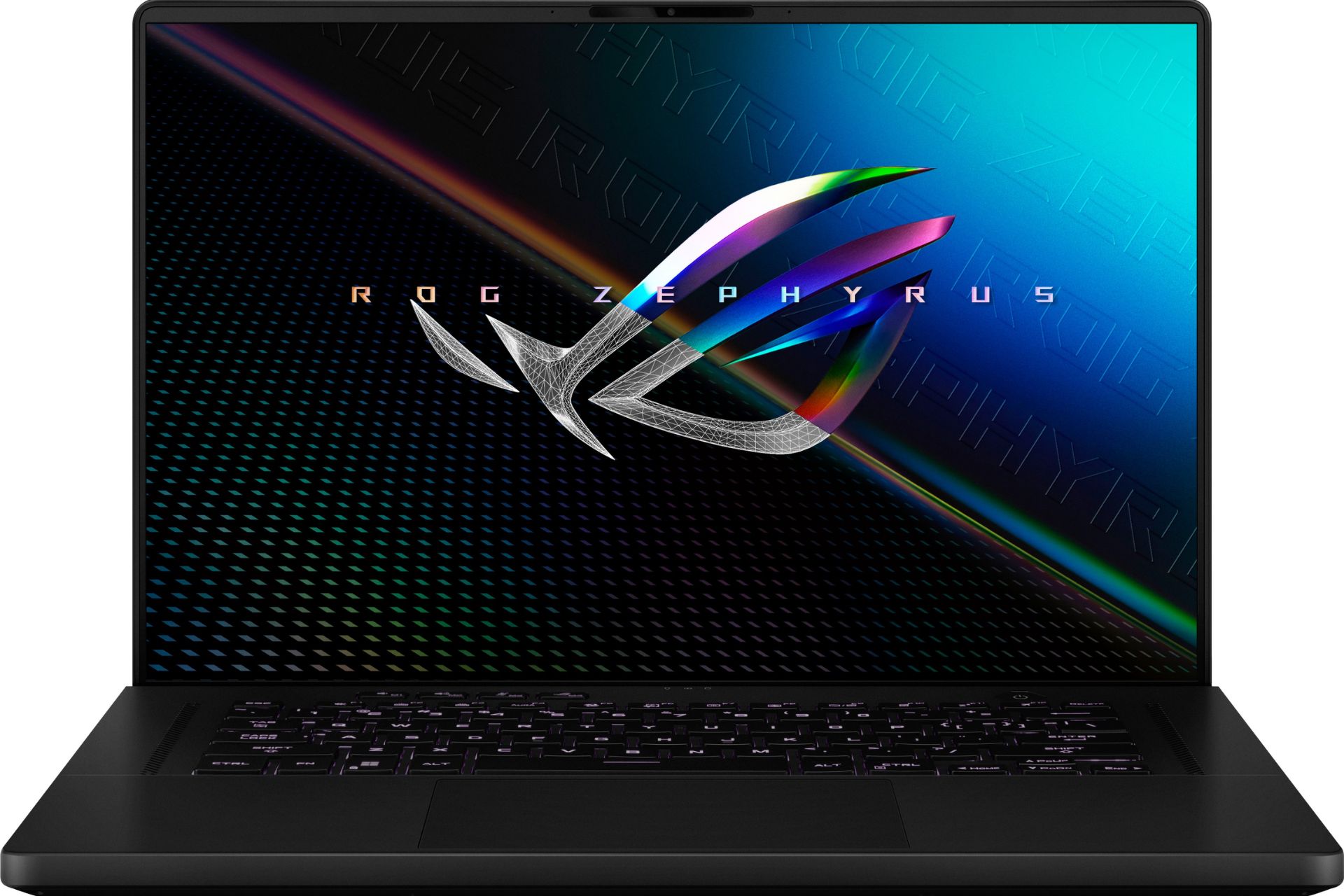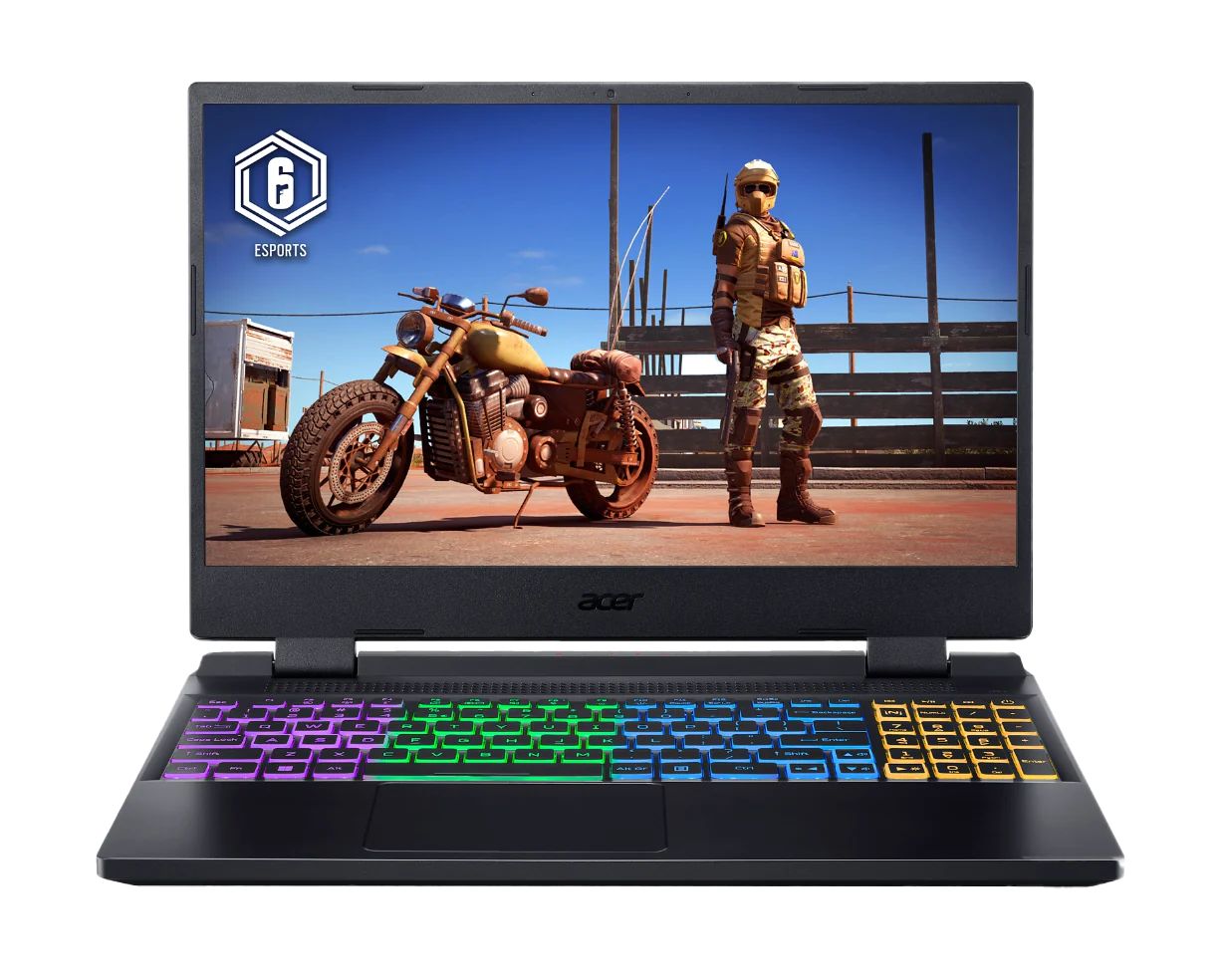Introduction
Are you in search of a new graphics card to level up your gaming or boost your creative endeavors? Look no further! In this guide, we will explore the various options available to you when it comes to purchasing a graphics card. Whether you prefer the convenience of online shopping or the personalized experience of brick-and-mortar stores, we’ve got you covered.
With the ever-evolving world of technology, graphics cards have become an essential component for gamers, designers, and professionals who require high-performance visual capabilities. However, with so many options out there, it can be daunting to find the right one for your needs and budget. That’s why we’re here to help you navigate through the buying process.
Before diving into the different purchasing avenues, it’s important to understand the key factors to consider when selecting a graphics card. These factors include the price range you’re comfortable with, the specific requirements of your computer system, and the performance benchmarks you’re aiming for.
Researching is a crucial first step in your quest for the perfect graphics card. By gathering information and reading reviews, you can narrow down your choices and make an informed decision. Online forums and tech websites are excellent resources for finding objective opinions and user experiences. Additionally, researching will also help you understand the compatibility requirements of certain graphics cards with your operating system and hardware setup.
Now, let’s delve into the different channels available for purchasing graphics cards. Whether you prefer the convenience of online shopping, the hands-on experience of physical stores, or the affordability of secondhand outlets, there’s an option that suits you.
Researching Graphics Cards
Before making any purchase, it’s essential to conduct thorough research to ensure you’re choosing the right graphics card for your needs. Here are some key points to consider during your evaluation:
- Performance: Look for benchmarks and performance tests to gauge how well a graphics card performs in comparison to others. Pay attention to factors such as frame rates, resolution capabilities, and power consumption.
- Compatibility: Check the compatibility of the graphics card with your computer’s operating system and hardware specifications. Look for any specific requirements, such as available PCIe slots or minimum power supply wattage.
- Connectivity: Consider the available ports and connectors on the graphics card. Ensure they match your display needs and other peripherals you may want to connect.
- Price: Set a budget and compare prices across different retailers. Keep in mind that more expensive doesn’t always equate to better performance, so find the balance that suits your needs and wallet.
- Customer Reviews: Read customer reviews and testimonials to gain insights into the real-world experiences of other users. Look for common issues or positive feedback regarding performance, reliability, and support.
All these factors contribute to finding the graphics card that offers the best value for your specific requirements. Taking the time to research will save you from potential buyer’s remorse down the line.
As you conduct your research, take advantage of online forums, tech review websites, and YouTube channels focused on graphics cards. These platforms provide a wealth of information, along with detailed explanations of technical specifications and comparisons between different models.
Don’t forget to consider future upgrades as well. If you plan on expanding your system in the future, choose a graphics card that allows for scalability.
In the next sections, we will explore the different avenues for purchasing graphics cards, both online and offline. Whether you’re looking for the latest models or hunting for a great deal on a previous generation graphics card, there’s a purchasing option that suits your preferences and budget.
Online Retailers
One of the most convenient and popular options for purchasing a graphics card is through online retailers. The rise of e-commerce has made it easier than ever to browse and compare different models, prices, and specifications from the comfort of your own home. Here are some of the top online platforms where you can find a wide selection of graphics cards:
- Amazon: As one of the largest online marketplaces, Amazon offers an extensive range of graphics cards from various brands and sellers. You can read customer reviews, compare prices, and take advantage of expedited shipping options.
- Newegg: Known as a popular online electronics retailer, Newegg specializes in computer hardware and components. They have a vast selection of graphics cards along with reviews from other users to help you make an informed choice.
- B&H Photo Video: While primarily known for cameras and photography equipment, B&H Photo Video also offers a range of computer components, including graphics cards. Their website provides detailed product descriptions and helpful customer reviews.
- Micro Center: If you’re located in the United States, Micro Center is an excellent option for purchasing graphics cards online. They offer a wide range of products, competitive prices, and have physical stores for in-person assistance if needed.
- Manufacturer Websites: Many graphics card manufacturers, such as NVIDIA and AMD, have their own online stores where you can directly purchase their products. This can be a convenient option for accessing the latest models or exclusive deals.
When shopping online, it’s essential to keep a few things in mind. First, verify the seller’s reputation by reading reviews and checking their ratings. Look for sellers with a track record of delivering quality products and providing good customer service. Additionally, consider factors such as return policies, warranty coverage, and shipping options before making your final purchase.
Online retailers often offer competitive prices and frequently have deals and promotions. Keep an eye out for seasonal sales events, such as Black Friday or Cyber Monday, as they can provide significant discounts on graphics cards. Additionally, sign up for newsletters or follow the social media accounts of these retailers to stay updated on any upcoming sales.
Next, let’s explore the option of purchasing a graphics card from brick-and-mortar stores, where you can get a hands-on experience and personalized assistance.
Brick-and-Mortar Stores
For those who prefer a more hands-on shopping experience or seek expert guidance, brick-and-mortar stores are a great option for purchasing a graphics card. Visiting a physical store allows you to see the products in person, ask questions to knowledgeable staff, and make an informed decision. Here are some popular brick-and-mortar retailers where you can find graphics cards:
- Best Buy: With locations across the United States, Best Buy is a well-known electronics retailer that offers a wide range of computer components, including graphics cards. Their knowledgeable staff can help you understand the different options and find the best fit for your needs.
- Micro Center: Micro Center is not only an online retailer but also has physical stores in several U.S. locations. Their stores carry a wide variety of computer components, including graphics cards, and you can get expert advice from their in-store associates.
- Local Computer Stores: Check for local computer stores in your area that specialize in computer hardware or gaming components. These smaller establishments often have a dedicated and knowledgeable staff who can assist you with finding the right graphics card for your needs.
- Big Box Retailers: Stores like Walmart and Target may carry a limited selection of graphics cards, especially those aimed at casual gamers. While their options may not be as extensive as dedicated electronics stores, they can still be a convenient option if you’re looking for a budget-friendly graphics card.
When visiting brick-and-mortar stores, make sure to come prepared with a list of questions and the specific requirements you are looking for in a graphics card. Take advantage of the expertise of the staff members by asking for their recommendations or any ongoing promotions that may not be advertised.
Keep in mind that the selection of graphics cards in physical stores may be more limited compared to online retailers. However, the advantage of being able to see and touch the product before buying can be invaluable, especially if you’re unsure about certain features or brands.
Now that we’ve explored online and offline options, let’s dive into another avenue for purchasing graphics cards – certified resellers.
Certified Resellers
If you’re looking for a reliable source for purchasing graphics cards with added peace of mind, certified resellers are worth considering. These resellers are authorized by graphics card manufacturers to sell their products, ensuring that you receive genuine and high-quality items. Here are a few examples of certified resellers:
- ASUS Certified Resellers: ASUS, a well-known graphics card manufacturer, has a network of certified resellers worldwide. By purchasing from these authorized resellers, you can trust that you’re getting an authentic ASUS graphics card with proper support and warranty coverage.
- EVGA Authorized Resellers: EVGA is another reputable brand in the graphics card industry. They have a list of authorized resellers on their website, so you can purchase with confidence from these verified sellers.
- MSI Authorized Partners: MSI, a popular manufacturer of graphics cards, has a network of authorized partners globally. When purchasing from these partners, you can be sure that you’re getting genuine MSI products and access to their customer support services.
One of the advantages of buying from certified resellers is the assurance of product authenticity. Counterfeit graphics cards are unfortunately prevalent in the market, and purchasing from certified resellers greatly reduces the risk of falling victim to fraudulent products.
In addition to the guarantee of genuine products, certified resellers often offer additional benefits such as extended warranties, dedicated customer support, and exclusive promotions. These perks can enhance your overall buying experience and provide added value for your investment.
To find certified resellers, visit the official websites of the graphics card manufacturers you’re interested in. They usually provide a list of authorized sellers or have a “where to buy” section that directs you to legitimate sources.
Next, let’s explore the option of purchasing graphics cards from secondhand and auction websites, which can offer some budget-friendly options for those willing to take a chance on pre-owned hardware.
Secondhand and Auction Websites
If you’re on a budget or looking for rare and discontinued graphics cards, secondhand and auction websites can be a treasure trove. These platforms allow individuals to sell their used or unwanted graphics cards, giving you the opportunity to find a bargain. Here are some popular secondhand and auction websites where you can search for graphics cards:
- eBay: eBay is one of the largest online marketplaces for buying and selling used and new items, including graphics cards. You can find a wide variety of options from different sellers, including both current and older generation models.
- Gazelle: While primarily known for selling and buying smartphones, Gazelle also offers a selection of used electronics, including graphics cards. They thoroughly inspect and certify the condition of each item, providing peace of mind for buyers.
- Reddit Hardware Swap: Reddit has a dedicated subreddit called “Hardware Swap,” where users can buy and sell computer hardware, including graphics cards. This platform offers a more community-driven and trustworthy environment for transactions.
- Craigslist: Craigslist is a classified advertisements platform where you can find local sellers offering used computer components, including graphics cards. Meeting in person allows you to inspect the item before making a purchase.
When purchasing from secondhand or auction websites, it’s crucial to exercise caution and take certain steps to ensure a safe and successful transaction:
- Thoroughly read the product description and look for clear images of the graphics card.
- Check the seller’s reviews and ratings to gauge their reputation and reliability.
- Ask questions about the condition of the graphics card, any overclocking done, and the reason for selling.
- Verify the seller’s return policy in case the graphics card does not meet your expectations.
- Be mindful of the bidding process on auction websites and set a maximum bid within your budget.
- Consider purchasing from sellers offering warranty coverage or a return period.
While buying secondhand or through auctions can offer cost savings, it comes with inherent risks. Therefore, it’s important to be diligent and trust your instincts when dealing with individual sellers.
Now that we’ve discussed various avenues for purchasing graphics cards, let’s move on to some tips to keep in mind during the buying process.
Tips for Buying Graphics Cards
Purchasing a graphics card can be a significant investment, so it’s essential to make an informed decision. Here are some valuable tips to keep in mind to ensure a successful purchase:
- Set a Budget: Determine the maximum amount you’re willing to spend and stick to it. Consider the performance and features you need within your budget.
- Check for Compatibility: Ensure that the graphics card you choose is compatible with your computer’s operating system, motherboard, and power supply. Check the required specifications before making a purchase.
- Read Reviews: Look for reputable reviews online to get insights into the performance and reliability of the graphics card you’re interested in. Consider both professional reviews and user experiences.
- Consider Future Upgrades: If you plan on upgrading other components in the future, ensure that the graphics card you choose aligns with your future expansion plans.
- Compare Prices: Research and compare prices across different retailers, both online and offline. Take advantage of discounts, promotions, and sales events to get the best value for your money.
- Warranty and Return Policy: Check the warranty coverage offered by the manufacturer or seller. Additionally, understand the return policy in case the graphics card has any issues or does not meet your expectations.
- Consider Future-Proofing: If you’re a gamer or designer looking for long-term use, consider investing in a higher-end graphics card that can handle future demands and technology advancements.
- Avoid Counterfeit Products: Only purchase from authorized resellers or trusted sellers to avoid falling victim to counterfeit graphics cards, which can be unreliable and potentially harmful to your system.
- Research Customer Support: Look into the customer support provided by the manufacturer or seller. It’s important to have access to assistance and technical support if you encounter any issues with your graphics card.
By following these tips, you can make a well-informed decision when purchasing a graphics card and ensure that you’re getting the best value for your investment. Remember, thorough research and careful consideration are key to finding the perfect graphics card that meets your needs and fits your budget.
Conclusion
Choosing the right graphics card can have a significant impact on your gaming experience, creative pursuits, or professional work. Whether you decide to purchase from online retailers, visit brick-and-mortar stores, explore certified resellers, or consider secondhand and auction websites, there are various avenues available to suit your preferences and budget.
Before making a purchase, it’s important to thoroughly research different graphics card models, compare prices, and read reviews to ensure that you’re selecting the best option for your specific needs. Consider factors such as performance, compatibility, connectivity, and price to make an informed decision.
Online retailers like Amazon, Newegg, and manufacturer websites offer convenience and a wide selection. Brick-and-mortar stores like Best Buy and Micro Center provide a hands-on experience and expert assistance. Certified resellers offer the assurance of genuine products and added benefits. Secondhand and auction websites can be treasure troves for those seeking budget-friendly options or rare finds.
Additionally, keep in mind important tips, including setting a budget, checking for compatibility, reading reviews, considering future upgrades, and comparing prices. It’s also essential to ensure warranty coverage, understand return policies, and avoid counterfeit products.
By following these guidelines and using the available resources, you can successfully navigate the process of buying a graphics card and find the perfect one to enhance your gaming, creativity, or professional endeavors. So, get ready to level up your visual experience and take your computing power to new heights!

























